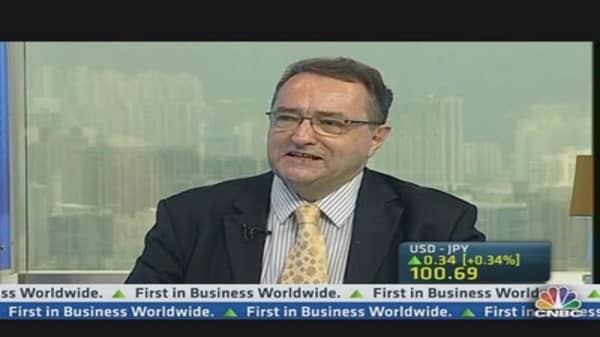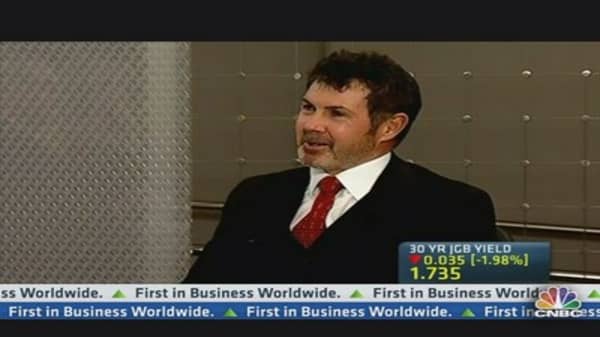Japan's benchmark Nikkei index extended its correction to hit a new six-week low on Monday as worries of a slowdown in China returned to the spotlight and a sharp sell-off on Wall Street late last week curbed risk appetite.
Elsewhere, Sydney stocks ended at a ten-week low and South Korea's Kospi fell below the 2,000 mark. The Shanghai Composite however, remained resilient to hold steady at the 2,300 mark. The index was May's best performer, up 4 percent in the past 30 days compared to a 3 percent slump in the Nikkei.
On Friday, the Dow and S&P 500 posted their worst one-day drops since mid-April and led to extended profit-taking in Asia. All three major U.S. averages closed down over 1 percent as investors pulled back after recent strong gains
(Read More: Is Another Turbulent Month in Store for Markets?)




